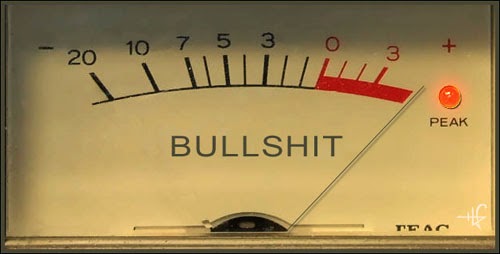Thejohnny7band wrote:VinnyViolin wrote:
Christians have been discredited as fools by the overwhelming scientific community. Anyone stupid enough to follow them probably voted for Mitt Romney. 
Hmmmm, well Vin I guess in your extensive reading list you overlooked Sir Isaac Newton, Pascal, Kepler, Charles Messier, Herschel, Louis Pasteur, Nikola Tesla, Albert Einstein, John Glenn and countless other extraordinary scientists who believe that science and faith are simply two sides of the same coin. The academic secularist movement of the last 30 years doesn't mean much in terms of the "overwhelming scientific community". Even Charles Darwin rejected atheism as illogical in his own writings.
Back to Oxford for you! 
How many of them believe the that the world was created 6,000 years ago? That the Sun orbits the Earth? ... One does not need to deny the existence of a higher being to call Christians fools.
Out of your list of faithful scientists ... which one can prove that "Israel was given to the Jews by God?
"Einstein's views about religious belief have been collected from interviews and original writings. These views covered Judaism, theological determinism, agnosticism, and humanism. He also wrote much about ethical culture, opting for Spinoza's god over belief in a personal god."
Funny, you left out Galileo, who proved that the Sun does not revolve around the Earth, contrary to overwhelming religious belief of the time.

From antiquity, the majority of educated people subscribed to the Aristotelian view of geocentrism that the earth was the center of the universe and that all heavenly bodies revolved around the Earth. Despite the use of Copernican theories to reform the calendar in 1582,[8] this agreed with a literalist interpretation of Scripture in several places, such as 1 Chronicles 16:30, Psalm 93:1, Psalm 96:10, Psalm 104:5, Ecclesiastes 1:5. Heliocentrism, the theory that the Earth was a planet, which, along with all the others, revolved around the Sun, contradicted both geocentrism and the prevailing theological support of the theory.







